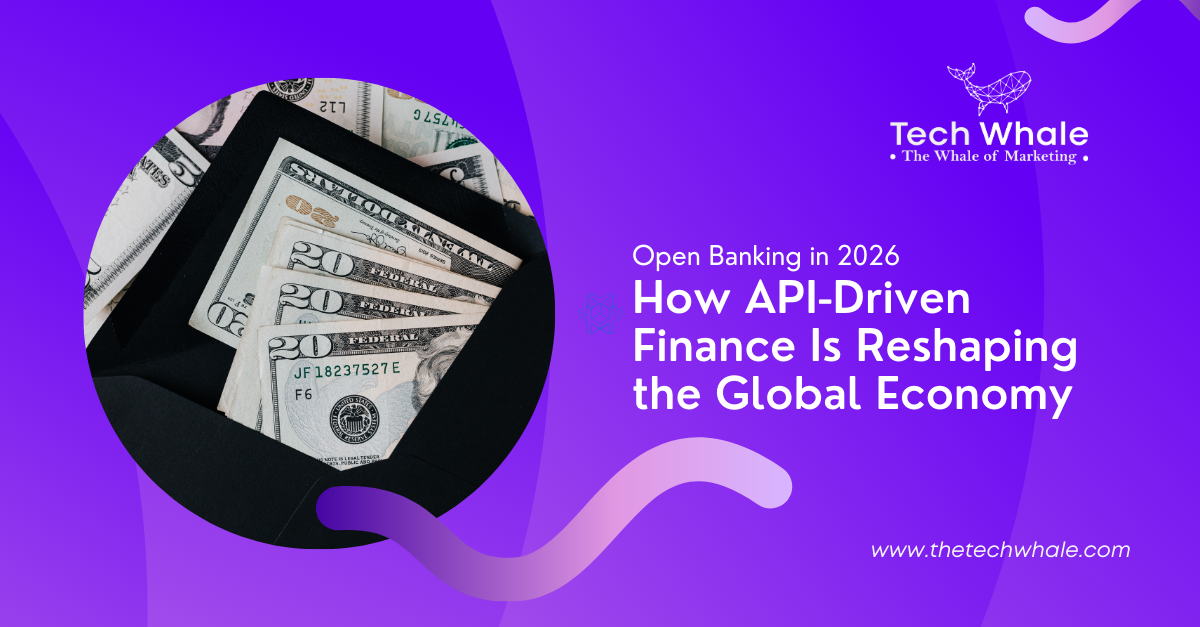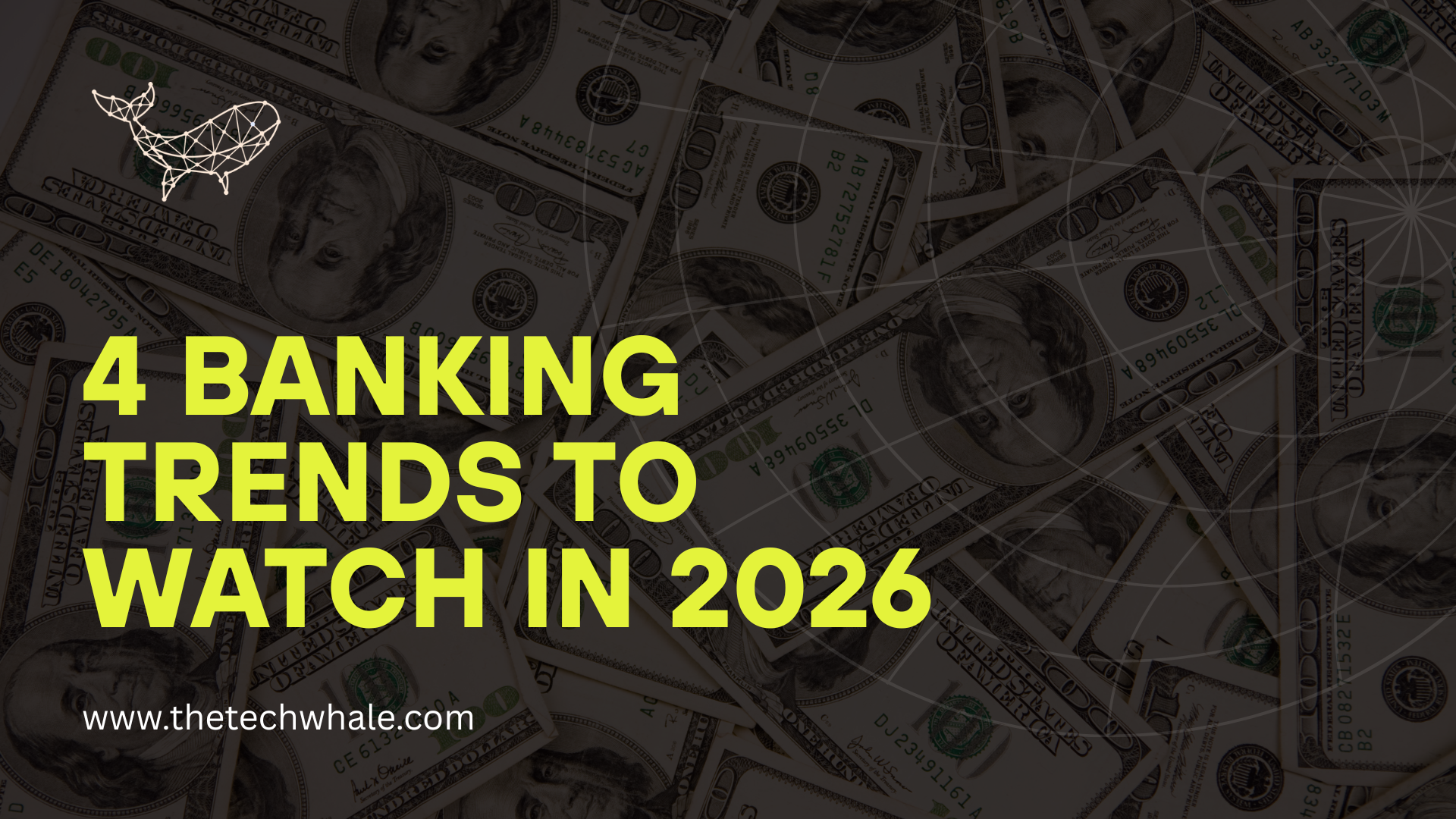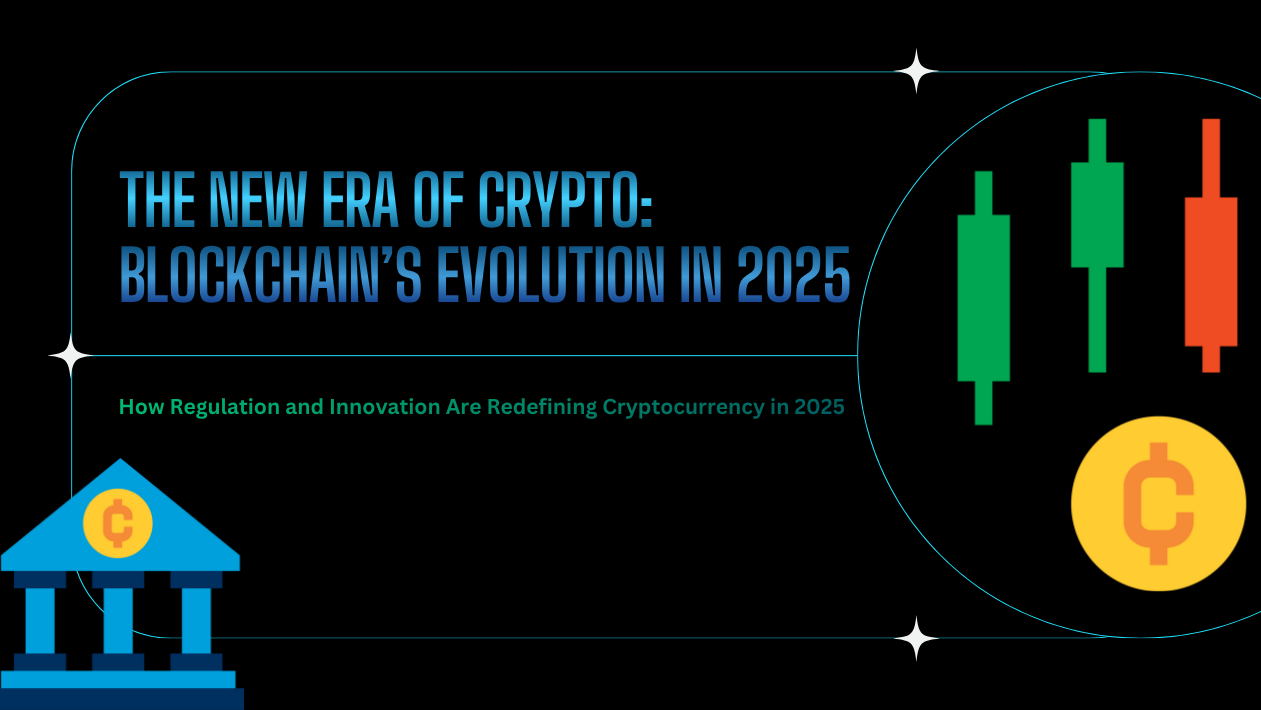The global lending and credit industry is experiencing a radical transformation in 2025, fueled by AI-driven credit scoring, alternative data, and real-time decisioning through open banking. As traditional banks face increasing competition from agile fintechs, the focus has shifted from rigid criteria to inclusive, data-rich, and tech-enabled lending models.
AI and Machine Learning Transform Credit Risk Analysis
Lenders are increasingly using AI algorithms to assess borrowers beyond traditional credit scores. Factors like cash flow patterns, mobile data, social media activity, and even e-commerce behavior are now feeding into dynamic risk models.
This shift is enabling faster loan approvals, reduced defaults, and greater access to credit for underserved populations, including gig workers, small businesses, and younger borrowers.
Open Banking Enables Real-Time Loan Underwriting
Thanks to open banking frameworks in Europe, Asia, and parts of North America, lenders can now instantly access verified bank transaction data—with user consent—to underwrite loans in seconds.
Platforms like Plaid, Tink, and Belvo are powering new fintech products that offer instant credit decisions, personalized rates, and flexible repayment options tailored to each borrower’s financial behavior.
Buy Now, Pay Later (BNPL) Enters Regulation and Maturity
The BNPL model continues to thrive in 2025 but under tighter scrutiny. Regulators have introduced disclosure rules, credit caps, and interest rate transparency to ensure responsible lending. As a result, mature players like Affirm, Klarna, and Afterpay have diversified into full-fledged lending platforms offering revolving credit and installment loans.
Embedded Lending on the Rise
E-commerce platforms, ride-hailing apps, and even B2B marketplaces are now offering embedded finance, allowing customers and vendors to access credit at the point of transaction. This has made borrowing frictionless for consumers and merchants alike.
Companies like Amazon, Shopify, and Uber now offer small business loans, while travel sites bundle financing for vacation packages.
Decentralized Finance (DeFi) Expands Lending Access
In the crypto space, DeFi lending protocols continue to attract users with smart contract-based loans, eliminating intermediaries and enabling global, 24/7 credit access. While volatility remains a challenge, stablecoins and real-world asset (RWA) collateral are helping stabilize the ecosystem.
Financial Inclusion at the Forefront
Fintech lenders are increasingly targeting unbanked and underbanked communities in Africa, Southeast Asia, and Latin America. Using mobile credit scoring, SMS-based KYC, and digital wallets, startups are delivering credit to populations previously excluded from formal finance.
Looking Ahead: Personalized, Predictive, and Proactive Lending
The future of lending is predictive—with systems that anticipate borrower needs, offer credit proactively, and tailor repayment structures in real time. With AI and real-time data as the backbone, credit is becoming not just more accessible—but smarter, safer, and more equitable.





